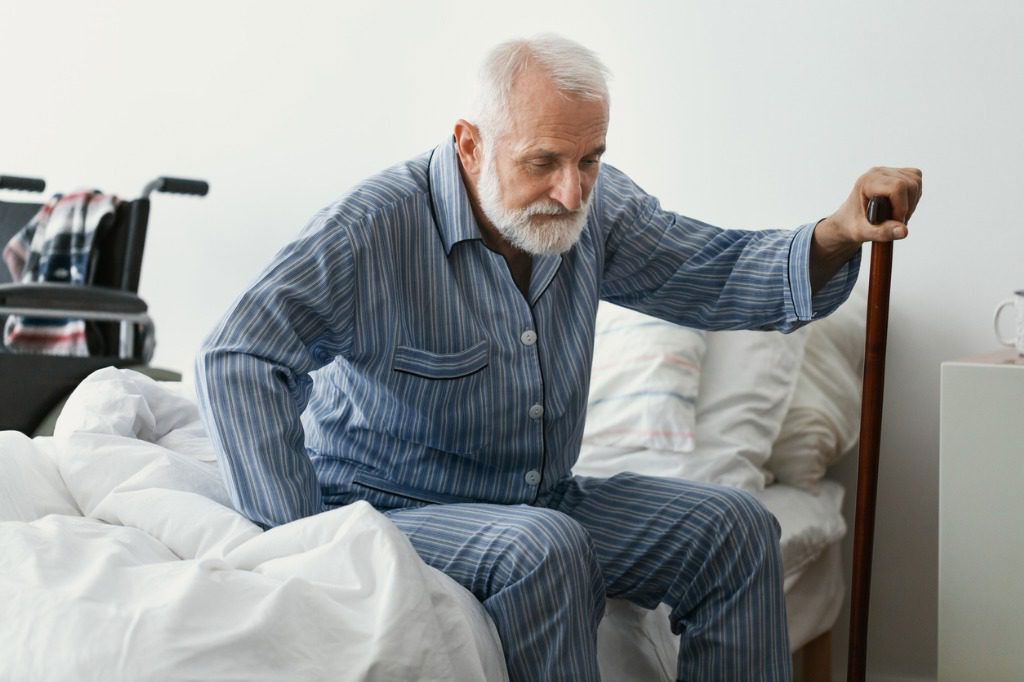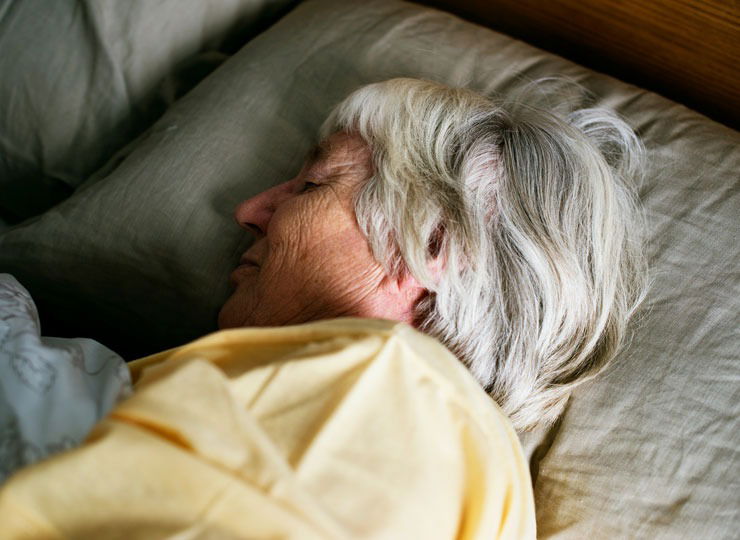
At night, while we sleep, our bodies enter a state of deep rest. Blood pressure lowers, the heart rate slows, and the entire system shifts into recovery mode.
That’s why the moment of waking up — the transition from rest to activity — is more delicate than many people realize, particularly for those over 65.
A common mistake in the morning, though it seems harmless, can actually have serious health consequences.
The morning mistake that can put you at risk
One of the most frequent and dangerous habits after waking is to jump straight out of bed.
Although it might feel like a brisk way to start the day, for older adults, this sudden movement can disrupt the body’s equilibrium and trigger harmful effects.

What happens to the body when you stand up too quickly?
During sleep, blood circulation slows and blood pressure stays low. If you stand up abruptly upon waking:
- Blood pressure may suddenly drop, leading to dizziness or disorientation.
- Blood flow to the brain may be insufficient at first, causing a brief imbalance.
- The risk of falling increases, especially if the room is dark or cluttered.
- There could be sudden strain on the heart, which is dangerous for those with heart issues.
- Joints and muscles, still stiff from inactivity, may react with pain or tightness.
How should you get up in the morning?

The best approach is to wake up gently and mindfully, giving your body time to adjust. Here’s a simple, safe routine:
1. Upon waking, remain lying down for a couple of minutes. Open your eyes, take deep breaths, and gently stretch your arms and legs.
2. Slowly turn onto your side, preferably the dominant side.
3. Use your arm to help yourself sit up in bed.
4. Sit at the edge of the bed for a few seconds and move your feet to stimulate circulation.
5. Stand up slowly, holding onto something if needed, and pause briefly before walking.
Extra tips for your safety

- Keep a lamp or nightlight by your bed so you’re not in the dark when you wake up.
- Remove loose rugs or low furniture near the bed to prevent tripping.
- Drink a bit of water in the morning to help your body get going.
- See your doctor if you often feel dizzy, as it might signal circulation or blood pressure issues.
Taking the time to get up properly may seem minor, but it can make a huge difference to your health.
After age 65, paying attention to these small steps helps preserve balance, avoid falls, and start your day feeling steady and energized.


















